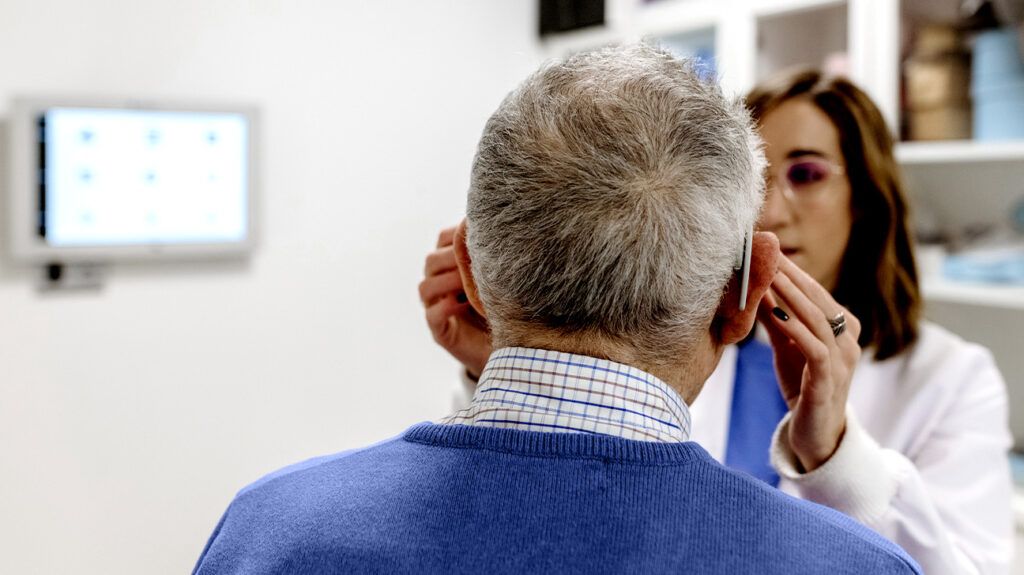Innovative Saliva Test and AI Technology May Predict Chemotherapy Risks Early

Recent research suggests that combining simple saliva testing with advanced artificial intelligence algorithms could revolutionize the way oncologists assess patients' risks of severe side effects from chemotherapy. The study focuses on 5-fluorouracil (5-FU), a longstanding chemotherapy drug used to treat various cancers including colorectal, breast, and stomach cancers. While effective, 5-FU carries significant risks for certain patients due to genetic differences that impede its breakdown, causing potentially toxic accumulation.
Despite its widespread use since the 1950s, genetic screening for susceptibilities related to 5-FU metabolism is not routinely implemented, despite FDA recommendations. This oversight can result in life-threatening complications for susceptible individuals.
The team at Virginia Tech, led by Professor Carla Finkielstein, explored a novel approach by analyzing saliva samples for mutations in the DPYD gene, which encodes an enzyme responsible for metabolizing 5-FU. Utilizing enhanced artificial intelligence tools and 3D protein modeling, the researchers were able to detect known and previously unrecognized mutations that could impair drug metabolism.
Initial testing on both healthy individuals and cancer patients revealed mutations linked to poor 5-FU processing, some of which were classified as pathogenic. Interestingly, some of these high-risk mutations were also found in healthy individuals, highlighting the potential for broad screening to identify at-risk populations before treatment begins.
Early presentation of these findings at the 2025 ASCO Gastrointestinal Cancers Symposium and publication in the Journal of Clinical Oncology indicate significant potential for clinical application. Implementing saliva-based genetic screening could enable personalized treatment plans, reducing hospitalizations and preventing fatal complications.
This research underscores the importance of integrating genetic testing into routine oncological care to enhance treatment safety and efficacy. The collaboration between oncologists, geneticists, and bioinformaticians exemplifies a move toward more precise, patient-tailored cancer therapies.
Source: https://medicalxpress.com/news/2025-04-saliva-ai-flag-chemotherapy-early.html
Stay Updated with Mia's Feed
Get the latest health & wellness insights delivered straight to your inbox.
Related Articles
Living in Hurricane-Flooded Areas Increases Mortality Risk Among Older Adults by 9%
Living in hurricane-affected flood zones increases the long-term mortality risk for older adults, with a 9% higher risk observed up to five years post-disaster. Research highlights the importance of regional disaster preparedness and long-term health interventions for vulnerable seniors.
FDA Approves New Use of Cancer Medication to Alleviate Autism Symptoms in Children
The FDA is preparing to approve leucovorin, a cancer drug, for treating autism symptoms related to folate deficiency in children, potentially improving communication and speech functions.
Routine Eye Exams Could Detect Early Signs of Alzheimer’s Disease
Emerging research suggests that routine eye exams, focusing on the retina, could potentially help detect early signs of Alzheimer’s disease, paving the way for earlier diagnosis and intervention.



